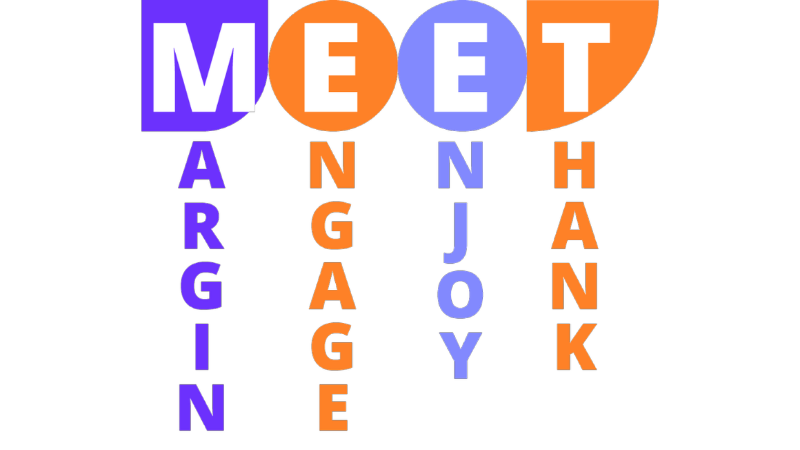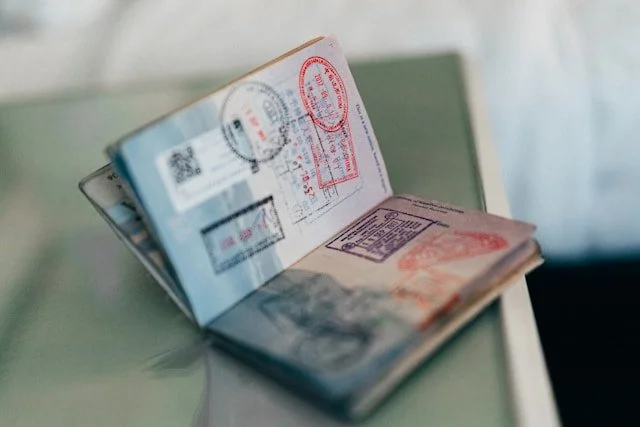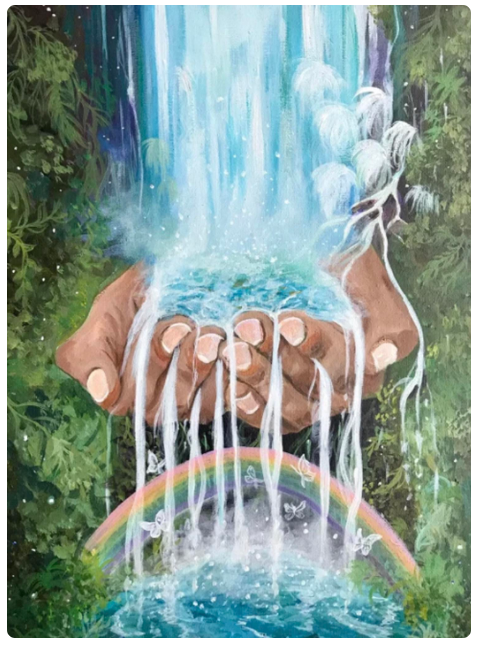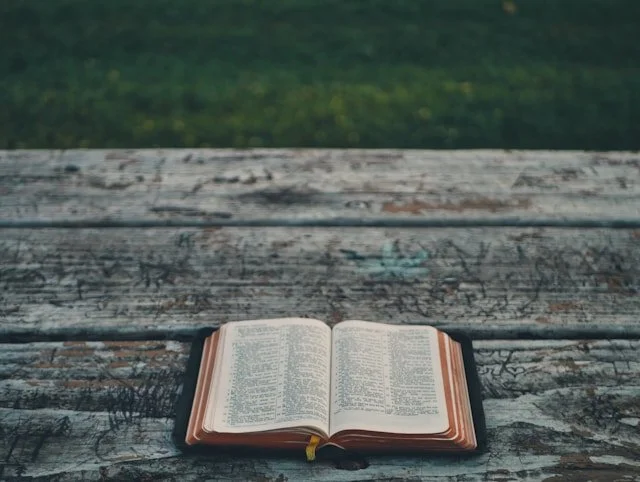Global COVID Culture Shock Now
Photo by Dimitri Moromilov via Unsplash
Insights from Missionaries on Surviving and
Thriving through COVID
On March 11, 2020, the World Health Organization declared a global health crisis in the form of a novel coronavirus now known as COVID-19. That was about eight months ago now. Since then, there are very few people on earth who have not experienced a change of life in one way or another due to the pandemic.
Nearly every single person has had to make changes: learning new technology, becoming a teacher, setting up home offices. Some have been bored at home, missing human interaction, while others have been sick with COVID or feared sickness. Some have even known someone who died. That’s a lot of change in a very short period of time.
Going through a lot of change very quickly is what happens when people move somewhere new. It happens to a larger degree when people move to a completely new country. For example, people like new immigrants, refugees, or missionaries would experience greater changes than people who merely move across town. Although, moving across town may produce some abrupt changes as well. However, few people ever take the time to understand the process of change called culture shock.
Culture shock is when we experience feelings of disorientation and confusion brought on by experiencing a new culture. Kelly O’Donnell defines it this way: “Culture shock is the incapacitating experience of anxiety, confusion, value dissonance, discouragement, and identity challenges that result from trying to get one’s needs (and wishes and preferences) met in unfamiliar or unavailable ways in a new culture.” (Kelly O’Donnell, Global Member Care: The Pearls and Perils of Good Practice. Pasadena: William Carey Library, 2011. 27.)
Culture shock is what happens when we lose our normal ways of operating. It happens most intensely when we lose our family, our country, our food, our way of brushing our teeth, the way we drink water, our language, our clothing, and pretty much everything we once knew all at once.
Change, Challenges, and Low Points
For those in my home country of America, when the COVID-19 pandemic began, people flooded the internet with the following meme:
It was funny to think that people didn’t know how to cook food, until it wasn’t funny. Some people blossomed in the end. They got out their bread makers and made bread, learned new gourmet recipes, and enjoyed cooking. Others are still eating boxed foods, a lot of sandwiches, or not sure where their next meal is coming from. Whether the outcome has been positive or negative, there has been a lot of change.
As for me, my favorite kind of Coke has not been available since COVID-19 began. Each time I want it, I make a joke: “How do they expect us to live without Coke Zero Vanilla??? This is too much to ask! Stupid COVID. How do they expect us to go on?” It’s a small thing (and clearly a “first world problem” that I’m embarrassed to share even now!). However, I have literally dozens of such changes that I am adjusting to daily. My life is not bad at all, but change is change. Change takes energy.
For some countries, their lockdown was much more severe than mine. People went into isolation and lost all livelihood. My own information networks tell me that some countries (that I never hear about in my national media news cycles) have seen huge amounts of death. One church planting movement in southeast Asia that I know of has had 400 new believers die in just a few months - none of which was recorded in global COVID-19 numbers.
The point here is this: almost no matter where someone lives, we have all gone through a lot of change in a relatively short time. And, it’s become obvious to almost all that there is no going back. In ways either big or small, our lives will never be the same again. And, when that realization settles in, then culture shock settles in as well.
The low point of culture shock almost always happens in and around the ninth month of continuous change. That ominous time is upon us now. What does culture shock feel like? Depression, anger, confusion, resentment, irritability, inappropriate behavior, isolation. This means we have an entire globe full of people about to be in a very low place and acting in some ways that are potentially damaging to themselves and to others.
Ways to get through Culture Shock:
So, what do we do about it? Let me suggest some steps that can help:
1. Recognize it and name it. Things that are recognized and named are often more manageable.
This might also mean taking a chance to call someone on the phone and say, “I’m tired of this COVID-19 thing. I’m angry about how my life has changed, how much money I lost on airplane tickets, the fact that I missed having a funeral for my friend, and never got that vacation I was planning on. I’m tired of making plans that never work out. I’m tired of meeting on-line. I’m just tired and angry and a bit depressed. I don’t feel like a very good leader for our family/church/ministry right now. In fact, I’m scared of being in public because I’m cranky, and I know it. So, now I’m hiding even more.”
For many of you (like me), this is a risky conversation to have. It’s possible people will judge you or disappoint you. They might not respond at all. But, there is also the chance that they will respond. It’s a chance worth taking. And, if they don’t respond or give a bad response, then forgive them and try someone else. The other person is probably just struggling too.
2. Rest more, but don’t isolate.
All this change makes people physically tired. Your brain is literally physically tired. Give it a healthy break. Go out for walks, play games, eat good (and healthy) food. Sleep a bit more than usual. If you are still sleeping too much in a month or two, then get worried. For now, just take a nap. For now, read that novel that you enjoy.
Go to work gently. Take it easy, but don’t quit. Instead of trying to conquer a mountain maybe just take a step or two forward.
If you already just spent months sitting on the couch eating ice cream and playing video games, then take a walk around the block. Celebrate small gains. Don’t try to run a marathon on the first day. Call a friend and ask them to go on walks with you (even if they are virtual!). I often “go on walks” with people literally on the other side of the world. We chat through my headphones while we both walk. It makes the miles go by much faster.
3. Reach out to someone you don’t normally reach out to and ask them how they are.
Send encouraging messages to someone else. Watch out for someone else. Looking after only ourselves is not Biblical, Godly, or even good for you! Figuring out how to say something encouraging to someone else will help lift your own spirits. Helping others will help you.
4. Be patient with poorly behaving people, including yourself.
Don’t excuse bad behavior, but make sure forgiveness abounds. You will need to ask for forgiveness when you mess up. However, it’s important to remember that He forgives us. As a result, we will give ourselves space to receive Jesus’ forgiveness when we sin in our weakness.
When we do mess up, we can recognize that our mistakes do not disqualify us from His love or being ministers of reconciliation to others. This realization will also give us the power to forgive our struggling brothers and sisters who also may not behaving well.
5. Talk to Jesus. Wrestle with Jesus. Run towards Jesus. Worship. Pray. Read the Bible.
Being with Jesus will bring perspective re-alignment. Maybe a whole change of perspective will not happen on day one, but over time realignment will happen. Declare out loud with your mouth the truth of who Jesus is yesterday, today, and forever. Find something to be grateful for (there is much). Ask Him to heal your soul and transform you.
Succeeding as the COVID Generation
My favorite missionaries of all time, Cable, French, and French once said, “God provides the men and women needed for each generation.” We are the COVID generation. This is our time to rise, but rising up will also mean going down through the valley of the shadow of death - literally “the valley of the shadow of death.” We will not rise to the other side of this challenge if we do not first go through this valley.
There has never before been such a shared global experience. This is our chance to be a part of a new thing happening on earth. It is not an easy thing, but God’s economy will bring good from it. Although He was not surprised by COVID-19, we were. If we are to be the men and women that bring glory to His name in our generation, we have to grow through these next few months. If we grow through these next few months, then we can grow through the next few and the next few.
Culture shock could be the opportunity of a lifetime. One option in reacting to culture shock is to give up and withdraw and never really engage our new culture. Another, better way to react to culture shock, is to process, transition, and embrace. However, we cannot rush to the mountain of victory without going through this low place of adaptation.
Come with me, my brothers and sisters, as we wrestle through culture shock in the next few weeks and months. We will become the new us. We will be a generation of believers that are just the right ones for this time and this place. We will all be different than before, but I think we will be better in the end. May it be unto and for the great and glorious name of Jesus Christ, Savior of all the World.
If you want to find out more about culture shock, a quick Google search will help out. To make it a bit easier on you, I offer this web site which contains one of my favorite infographics on the topic: https://www.communicaid.com/cross-cultural-training/blog/top-tips-overcoming-culture-shock/
About the author: Dr. Pam Arlund is a Member of the All Nations International Leadership Team, providing leadership in the areas of training, research, and security. She began serving in missions more than twenty years ago as a church planter and Bible translator among an unreached people group of Central Asia. She currently lives in Kansas City with her mom, a cat, and a really great house mate.
allnations.international













